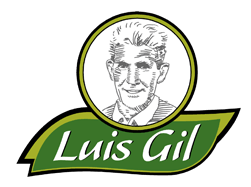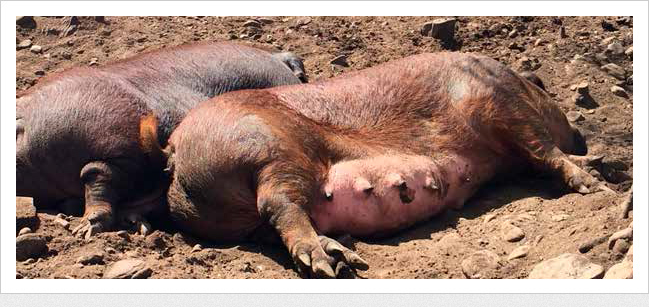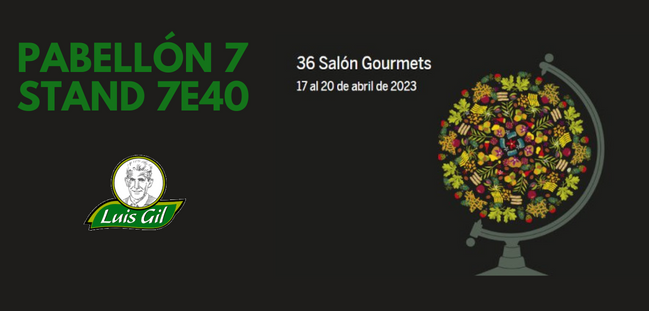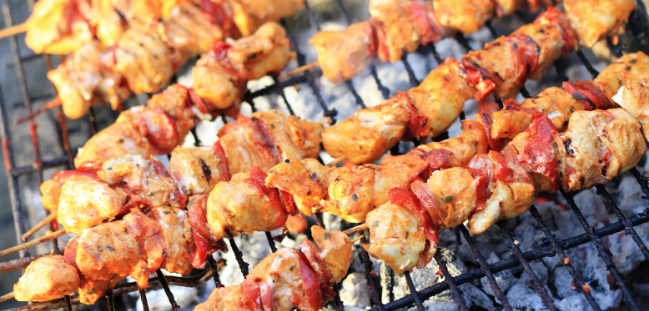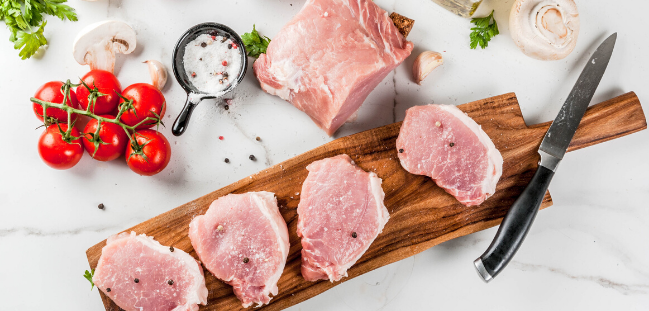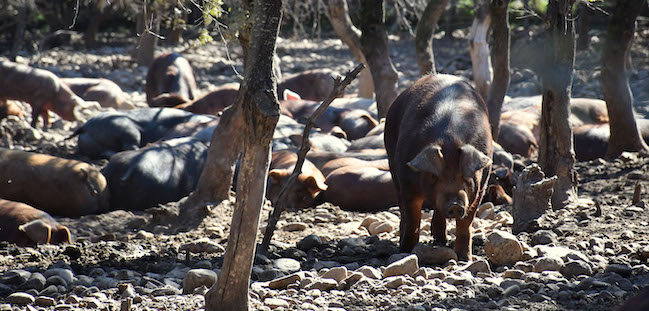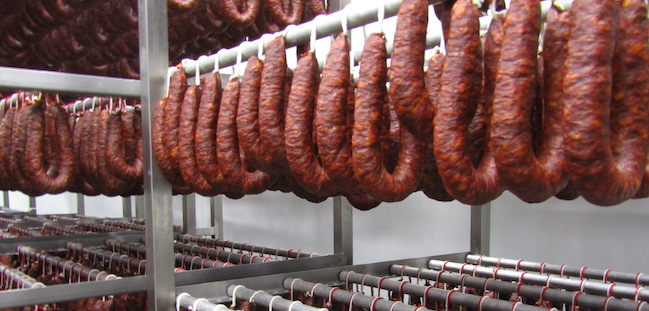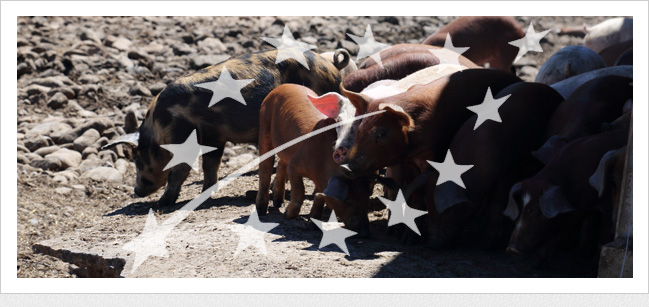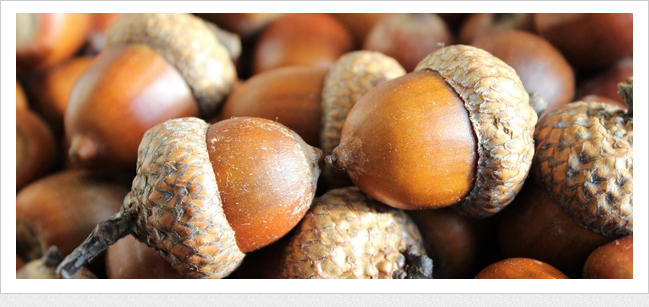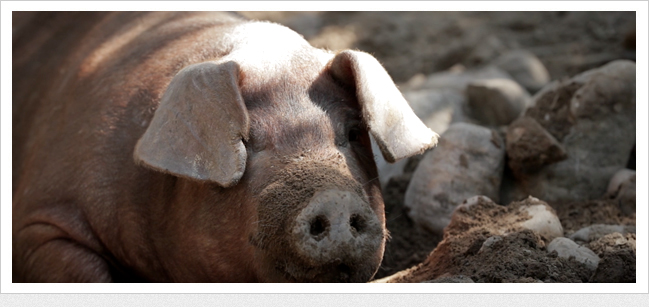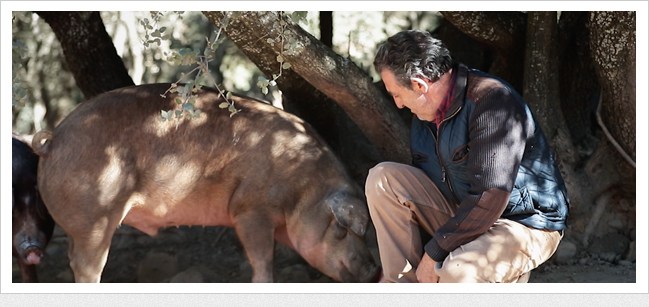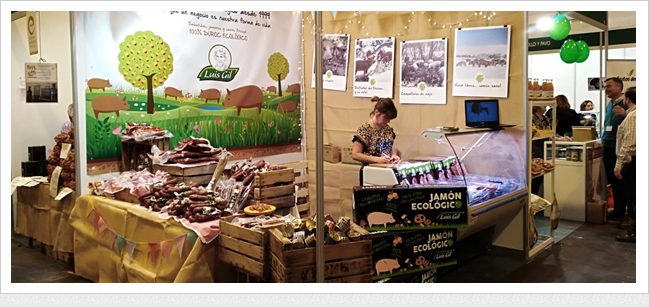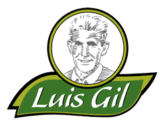Without giving up traditional values as a fundamental brand and following the path marked by grandfather Luis, Luis Gil's successors decided to adapt to modernity by transforming a butcher shop into a sausage and organic fresh meat factory in the Ocón Valley.
This is how Delia, Luis's granddaughter, tells it: “Our family has been dedicated to raising livestock, selling meat and making sausages for four generations. Currently, with the fourth generation of the family fully involved in the family business, we have launched an ambitious project that allows us to produce organic fresh sausages and meats from our own farm of animals raised in total freedom and in a completely ecological, in harmony with nature and man”.
The Gils were clear that they had to adapt to the new demands of the market, not only in Rioja, but also worldwide, and shape a new company that would incorporate all the technological elements that the sector required, but without giving up the concept of tradition and quality that had made grandfather's sausages famous.
Therefore, they decided that they should continue raising their own pigs, but to maintain quality they were very clear that this breeding could not be done in any way or anywhere. From that reflection was born the decision to opt for organic pigs: “It is not enough for the pigs to eat organic feed, we want them to live in a natural environment, outdoors, as they lived in ancient times, and to eat as naturally as possible. Doesn't the pig like acorns? Well then they have to live surrounded by oaks”says Luis Gil, son of the pioneer.
In La Rioja it was not an easy project, but given that it was a family business that did not require large areas, The Ocón Valley offered the perfect environment for our organic pigs: holm oak forests at an altitude of 700 meters, dense and shady and where fresh air circulates freely.. Added to this is the fact that these are lands where wild boars and roe deer have long since learned to coexist with shepherds and ranchers from other times.
Thus, Ocón became the most suitable environment for the pigs to be raised “happily”, thus beginning the journey of a unique project.
Adaptation of a traditional company to the current market
But an ecological project like that of the Gil family required transforming grandfather's old butcher shop to adapt to new legal and environmental requirements but, above all, to those of consumers, subjects of an increasingly demanding global market. This reality encouraged them to build a new factory next to the oak forest where their organic pigs were raised.
But how could a small family of butchers find a place in the demanding international market? The answer is no mystery: working. Working day after day, putting all the energy into moving production forward, maintaining and improving the quality of its products, meticulously organizing each task, studying and measuring each action, each change, each decision... but, above all, believing in a family project that is born from tradition and links to the rural world.
This consolidates a company that in 2016 already exports 80% of its production. It currently has an area of 100 hectares of scrubland covered by a leafy forest of holm oaks and oaks for raising its pigs, in different farms scattered throughout the valley, known as “The Encinar of Ocón”, within the La Rioja Biosphere Reserve.
Objectives of a new company
Its main objectives are the care and rigorous selection of raw materials., to which they add a diet based on products from organic farming, cereal free of phytosanitary products and fresh seeds or shoots from the oak forest.
For almost 1 year the organic pigs are raised alone on the farm, as they please, naturally. They have food and water within reach that favor the slow fattening of the animal. The work of the workers consists mainly of monitor its evolution and use prevention methods that prevent the development of diseases or eating disorders.
And so the family continues Gil, raising pigs, making sausages and selling around the world a food concept that fits with the new ideals of health, and that contributes to maintaining economic activity in territories where others would not even venture.
In fact, the ecological industry in Ocón has shaped a model of rural development that the Ocón City Council itself defends as an example of how we can unite modernity and tradition, and contribute to rural development, in the face of abandonment and depopulation that is increasingly common. They hit harder in this valley.
